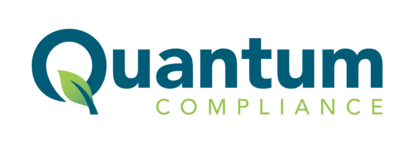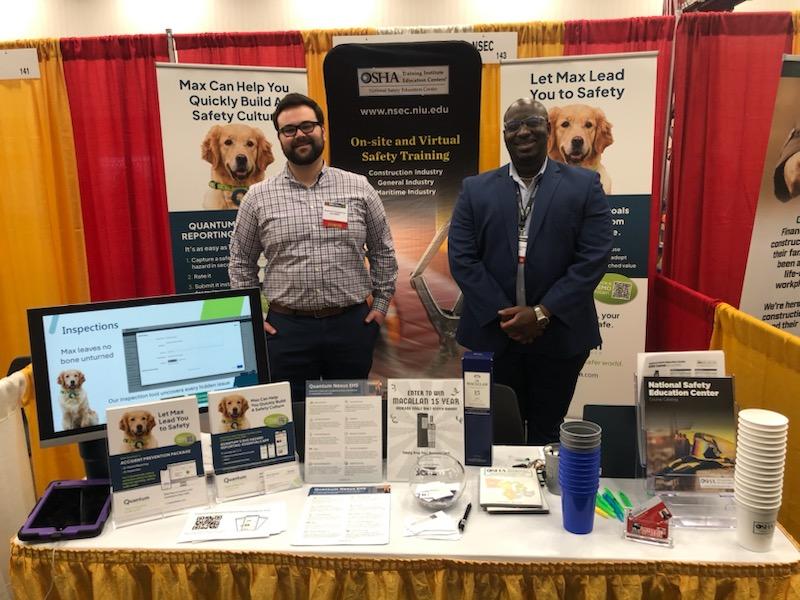 Tracking near miss incidents means gathering information about hazards and dangerous situations without actually having any hazardous incidents happen in the first place. When an accident nearly occurs but is stopped at the last minute, it is referred to as a near miss incident. It benefits employers to track near miss incidents, as they provide important data that can help prevent injury or illness in the future and can serve as an indicator for what areas of the workspace need to be updated and improved before an official inspection from the Occupational Safety and Health Administration (OSHA). Addressing these problems before any actual injuries occur means avoiding putting employees in danger and avoiding the citations and fines that an OSHA inspector would mete out in response.
Tracking near miss incidents means gathering information about hazards and dangerous situations without actually having any hazardous incidents happen in the first place. When an accident nearly occurs but is stopped at the last minute, it is referred to as a near miss incident. It benefits employers to track near miss incidents, as they provide important data that can help prevent injury or illness in the future and can serve as an indicator for what areas of the workspace need to be updated and improved before an official inspection from the Occupational Safety and Health Administration (OSHA). Addressing these problems before any actual injuries occur means avoiding putting employees in danger and avoiding the citations and fines that an OSHA inspector would mete out in response.
Employees benefit more directly from near miss incident tracking, because they are the ones who are put in harm’s way while hazardous conditions continue to exist. In order to help the company and help themselves, workers should help contribute to near miss incident data tracking.
There are ways to make the near miss incident reporting process easier and more beneficial for employees. This will benefit employers because it will result in a larger volume of near miss incident data to analyze. Providing employees with information about near miss reporting through posters, presentations or other reminders is key to making sure that they are aware of the process. Once information about near miss reporting is widely available, making the reporting easier is also key to ensuring worker participation.
Making the process as efficient as possible removes many roadblocks that could be keeping employees from reporting. Replacing cumbersome paperwork with some kind of computer program is helpful, because this can help employees get to reporting right away and then get back to work shortly after.
Promising not to punish workers who report unsafe conditions is also crucial to ensuring a safe environment in which they can provide important data. Some workers may feel that they will face repercussions if they acknowledge that an area they are responsible for is unsafe, so removing that fear will increase the amount of data you can collect.







